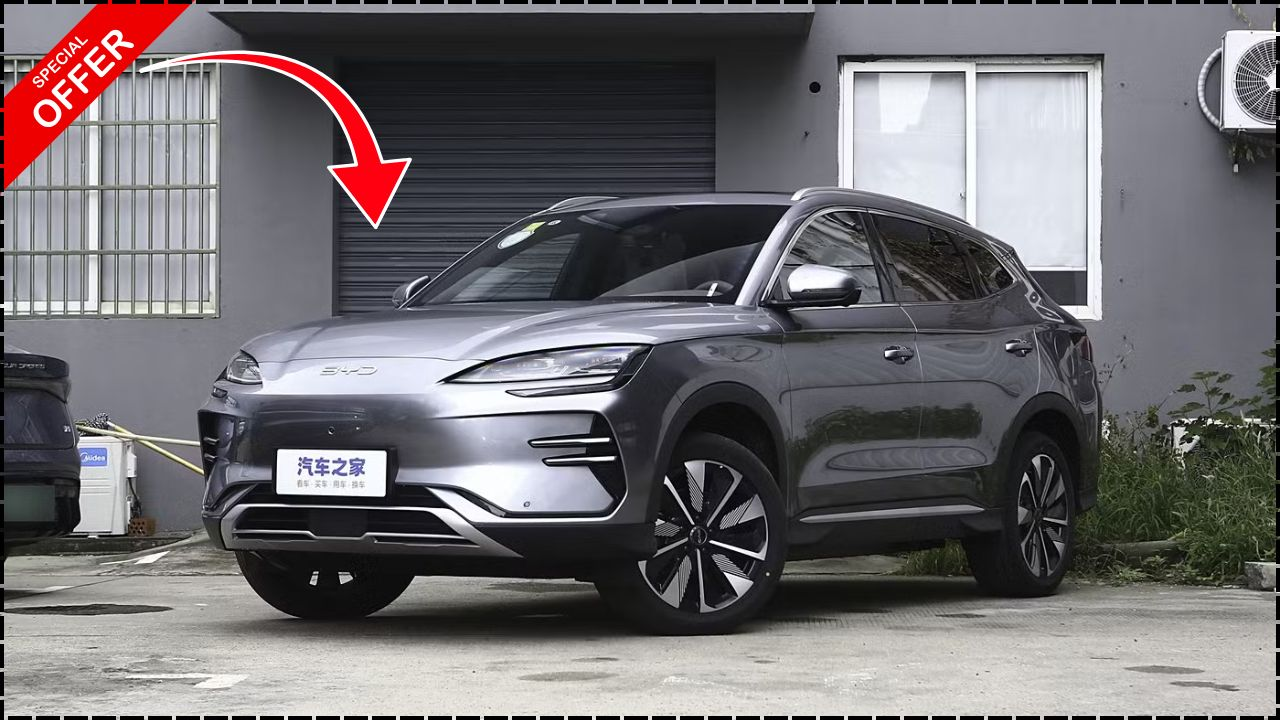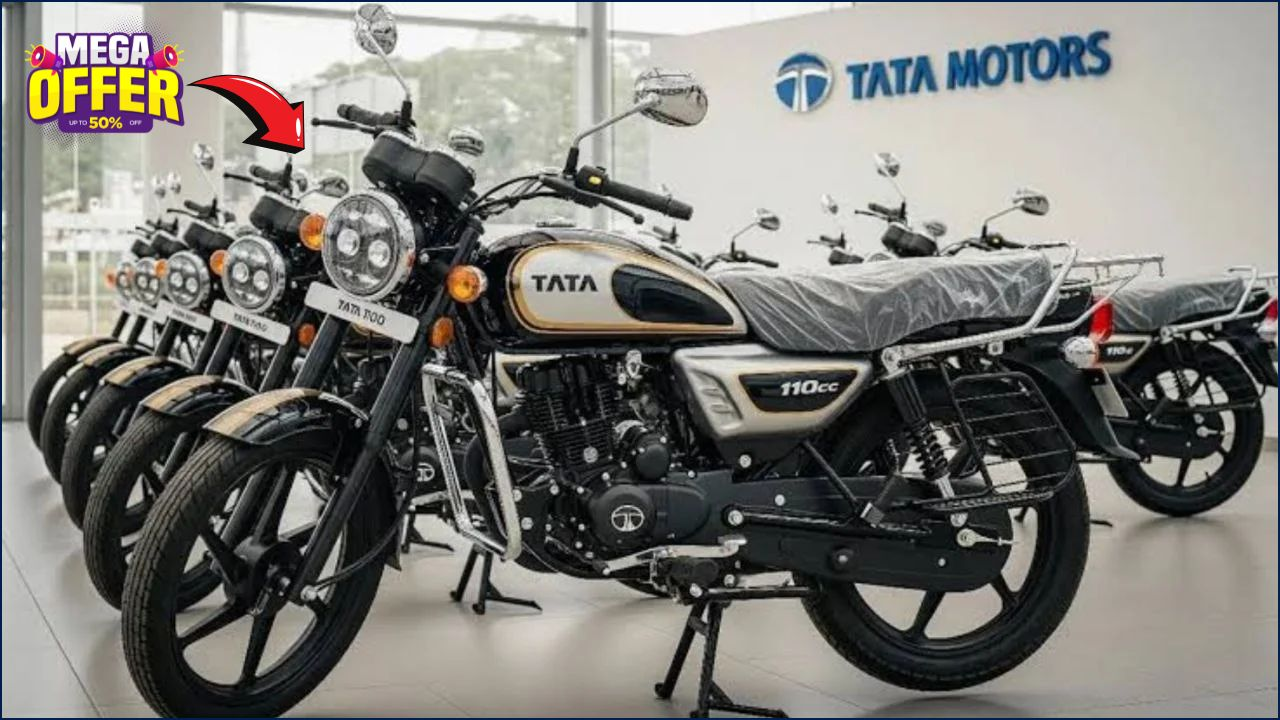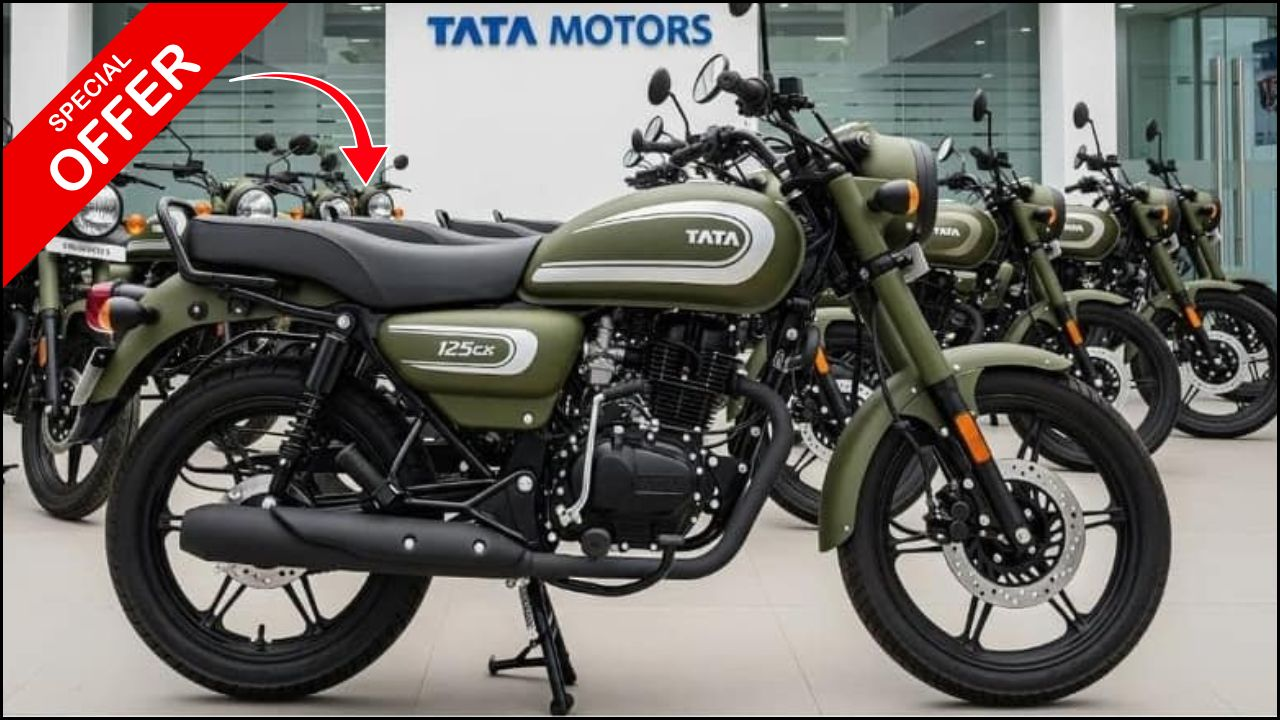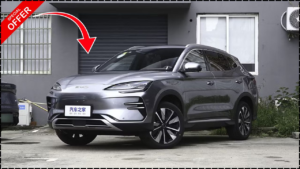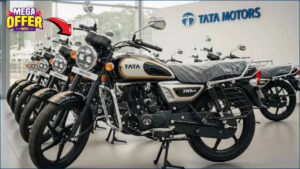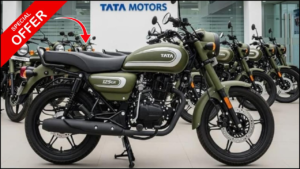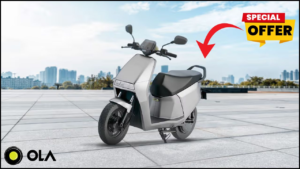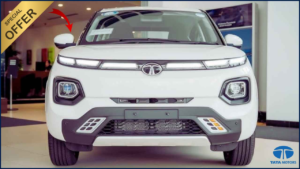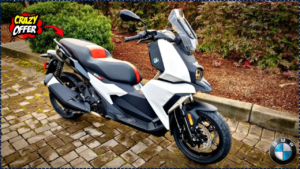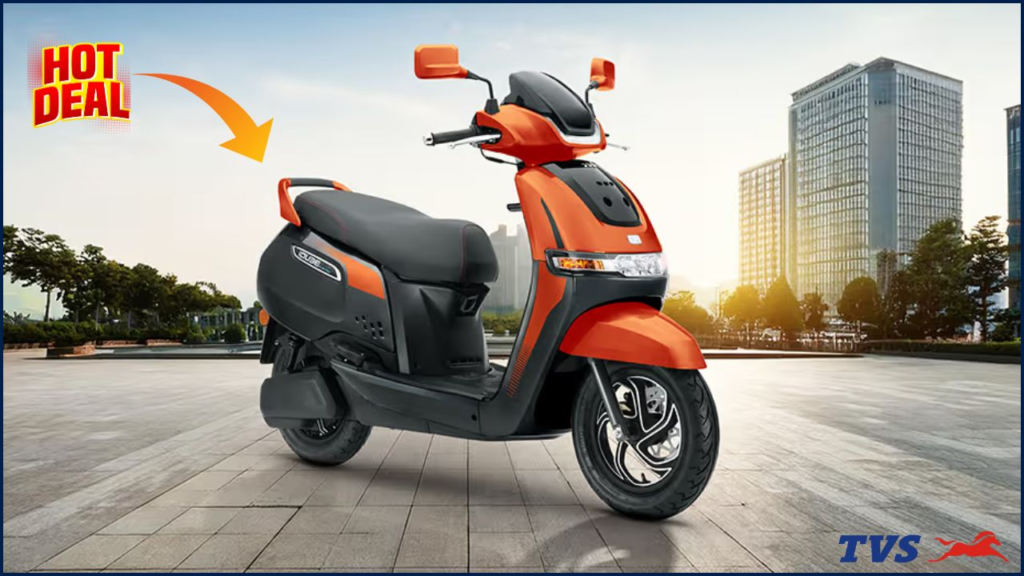
TVS iQube, one of India’s most popular electric scooters, may soon be offered in a new budget variant with a claimed 180 km range and a ₹20,000 festive discount, according to preliminary dealer inputs and social media posts. Although TVS Motor Company has not yet released an official announcement, industry observers say the move would align with India’s fast-growing electric mobility market ahead of the peak festive season.
Festive Buzz Around a New TVS iQube Variant
The speculation around a new TVS iQube variant began circulating in late October 2025. Several dealer-level communications hinted at the introduction of a lower-priced model with an extended range. If confirmed, this would mark the first major product addition to the iQube lineup since the company’s earlier battery capacity upgrades in early 2024.
Currently, the top iQube variant is equipped with a 5.3 kWh battery and offers an IDC (Indian Driving Cycle) range of up to 212 km, according to official data from TVS Motor Company. The rumoured model, with its 180 km claimed range, would likely sit below the top-end trim but above the base variant, which offers around 100 km.
Festive campaigns are a well-established strategy in India’s two-wheeler market. Dealers often begin offering discounts or early information weeks before the official announcements to generate customer interest.
India’s EV Market Context and Competitive Pressure
India’s electric two-wheeler market has witnessed rapid growth over the past three years. A combination of rising fuel prices, central and state subsidies, and growing consumer acceptance of electric vehicles has pushed EV sales to record levels.
According to data from the Society of Manufacturers of Electric Vehicles (SMEV), over 900,000 electric two-wheelers were sold in India in the fiscal year 2024–25. This marked an increase of more than 35 percent compared to the previous year. Analysts say 2025 may cross the one-million-unit mark if the growth trajectory continues.
TVS Motor Company currently holds a significant share in this segment, competing primarily with Ola Electric, Ather Energy, and Hero MotoCorp. Ola’s S1 Air and Ather’s 450S have both focused on balancing range and affordability. A mid-range variant of the iQube could be TVS’s response to these offerings.
“TVS has built a strong reputation for reliability and after-sales service,” said Dr. Meera Narang, automotive industry analyst at the Centre for Mobility Research (CMR). “By introducing a budget-friendly variant with strong range capabilities, the company can consolidate its hold in Tier 2 and Tier 3 cities, where cost remains a critical factor.”
Dealer Indications vs Official Silence
While no official press release has been issued by TVS Motor Company, several dealers across Uttarakhand, Uttar Pradesh, and Maharashtra have indicated that a promotional offer of ₹20,000 may be introduced for select models. Some even suggested that the new variant could begin arriving in showrooms.
However, industry experts urge caution. “Dealers often receive preliminary information about upcoming schemes, but not everything materialises as expected,” said Arun Dev, Senior Editor at EV Tech India. “Until TVS issues an official statement, this remains an unconfirmed but plausible development.”
TVS has previously used festive campaigns strategically. In 2023 and 2024, the company rolled out limited-time cashback offers and exchange benefits, leading to notable sales spikes.
Technical and Economic Considerations
The current iQube lineup features battery capacities of 2.2 kWh, 3.1 kWh, 3.5 kWh, and 5.3 kWh. A new 180 km variant would likely require a battery size between 4.0 and 4.5 kWh, depending on the weight, efficiency, and power output of the scooter.
This segment of the market is particularly attractive because it allows manufacturers to offer longer range at a lower cost than premium variants, without compromising essential performance. For many urban and semi-urban riders, a 180 km range can cover more than a week of commuting on a single charge.
According to experts, this model could also lower the on-road price point below the top-end variant, making it more accessible to middle-income buyers. A combination of range, affordability, and brand trust could make this scooter a strong challenger to Ola S1 Air and Ather 450S.
“Mid-range models often deliver the best value for money,” said Kunal Menon, founder of EV Research India. “Customers in this segment want reliability, range, and low operating costs, not necessarily top-end performance.”
Battery Technology and Charging Infrastructure
While pricing is a key factor, battery technology and charging infrastructure are equally important for EV adoption in India. TVS uses lithium-ion battery packs with integrated battery management systems, designed for durability and safety.
Charging infrastructure in India has improved significantly over the past two years. The Ministry of Heavy Industries reports that more than 10,000 public EV charging stations are now operational nationwide, up from just 1,000 in 2022. TVS iQube scooters are compatible with home charging setups as well as select public fast chargers.
Experts note that a 180 km variant would make longer inter-city travel more feasible, especially in states like Maharashtra, Karnataka, and Tamil Nadu where charging stations are more widespread.
Consumer Financing and Ownership Costs
Another factor driving EV adoption is the cost of ownership. While the upfront price of electric scooters is often higher than petrol models, the operating costs are much lower. According to calculations by the Bureau of Energy Efficiency (BEE), the running cost per kilometre for an electric scooter in India is less than one-third of a petrol scooter.
Financing options have also improved. Major banks and NBFCs now offer dedicated EV loan products with lower interest rates. TVS’s own finance arm offers flexible EMI schemes, which could be extended to the rumoured new variant.
“Financing plays a major role in EV adoption,” said Saurabh Patel, Head of Retail Financing at a major private bank. “We are seeing strong demand for two-wheeler EV loans in semi-urban markets, especially during festive months.”
Festive Sales and Consumer Sentiment
The current seasons are traditionally high points for two-wheeler sales in India. According to the Society of Indian Automobile Manufacturers (SIAM), up to 30 percent of annual two-wheeler sales occur during this festive period. Many buyers time their purchases to align with auspicious dates, discounts, and financing offers.
In 2024, TVS iQube sales rose by more than 20 percent during the October–November festive window, company filings showed. A new variant and a flat ₹20,000 discount could replicate or exceed that performance this year.
Consumer Perspectives and Early Reactions
Among consumers, the prospect of a budget-friendly, long-range electric scooter has been met with enthusiasm. Several users on online EV forums and local Facebook groups have expressed interest in the rumoured model, citing range and affordability as decisive factors.
“I’ve been waiting to buy an electric scooter, but the top-end iQube is a bit out of my budget,” said Sunita R., a school teacher from Dehradun. “If this 180 km model comes at a lower price, it could be perfect for daily use.”
Experts caution, however, that real-world range can vary depending on riding style, terrain, load, and temperature. Consumers are encouraged to rely on official specifications and test rides rather than marketing claims alone.
Regulatory Landscape and Subsidy Updates
The Indian government’s FAME-II scheme has been a major enabler for EV adoption. Although the subsidy amount per kWh of battery capacity was reduced in 2024, state governments continue to offer top-up incentives. For example, Maharashtra and Gujarat provide additional subsidies and road tax exemptions on electric two-wheelers.
Industry analysts believe that any new TVS iQube variant would be strategically priced to maximise these incentives, keeping the effective on-road price competitive.
“Pricing EVs to fit under subsidy thresholds has become a key part of manufacturer strategy,” explained Dr. Narang. “A 180 km variant could hit the sweet spot for mass adoption.”
Tata Tiago 2025 with 33 km/l Mileage and Modern Design: Huge Discount Starting at ₹4.57 Lakh
What Happens Next
For now, the rumoured TVS iQube 180 km variant and discount remain unconfirmed. However, based on past strategies, analysts say an official announcement, if planned, would likely occur in early November.
Industry observers expect TVS to use a combination of dealer promotions, digital marketing, and EMI offers to push festive sales. If the variant materialises, it could further intensify competition in India’s electric scooter market.
“It’s critical for buyers to verify information directly from authorised dealers or the official TVS website,” said Anupama Verma, a consumer rights advocate. “Rumours can create expectations, but final decisions should be based on confirmed details.”


